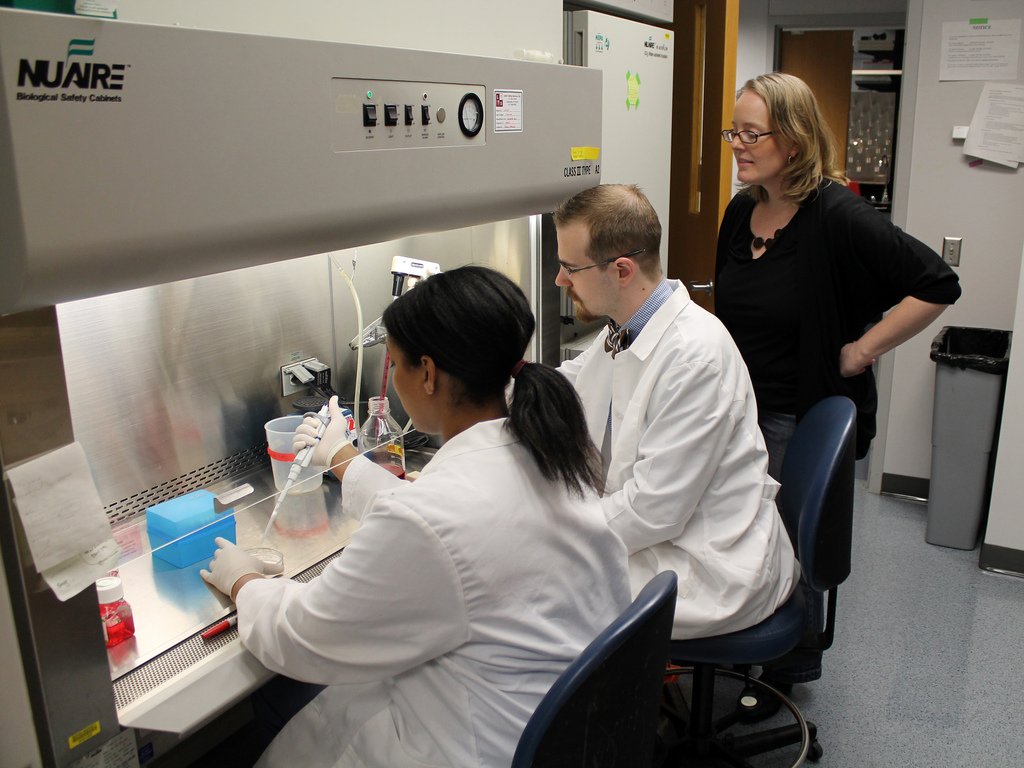In pharma and biotech, a move to a new country seems to be mandatory for talented staff looking for a ticket to the C-level. While changing countries may be fabulous for your career, what hazards lie in wait? And what does it take to thrive?
Matt McCarthy, currently Head of Marketing for Horizon Therapeutics Canada, crossed the Atlantic from the UK to Canada for previous employer, Biogen, and has been living in Canada for nearly 12 years.

“Opportunities like this don’t come along a lot,” he said. “When you have international experience, it adds another string to your bow. It provides you with the bigger picture. You’re more empathetic towards certain situations and look at life in a different manner.”
Many Pharma CEOs Have Relocated Internationally for Their Careers
Eight out of 10 of the current CEOs of the largest pharmaceutical companies in the world moved countries at least once during the climb to the top. For example, Bristol-Myers Squibb CEO Giovanni Caforio changed countries six times over 17 years before taking the BMS helm. GlaxoSmithKline CEO Emma Walmsley worked in Paris, New York and Shanghai before returning to the UK to head up GSK.
McCarthy lobbied for his trans-Atlantic move after he attended a short training course in Toronto. He was offered a one-year assignment position at the Canadian office, abandoned plans for an MBA and jumped at the chance to relocate.
“When I first moved to Canada, I was single and had no responsibilities,” McCarthy said. “In my head, it was a wonderful opportunity to obtain pure international experience.” Although he said it felt like starting from scratch, he was excited to jump into the deep end: “You gain a lot of experience very, very fast.”
What About Cultural Dislocation?
McCarthy didn’t experience any major differences between British and Canadian culture.
“The first thing was really how friendly people were,” McCarthy said, “How accommodating, how supportive in the working environment and how polite people were — going the extra mile to help you, to get you settled.”

Dr. Niranjan Bhakare, now Director of Medical Affairs for a global pharma, was a physician in India before moving to Canada in 2012 for a management career. Bhakare also commented on Canadian communication style: “The way work culture is approached is very different from one country to another country,” he said. “In India, for example, deadlines can be more loose. In North America, when you say tomorrow, it means end of day tomorrow.”
Bhakare said that adapting to North American corporate culture was complicated by significant differences even between the US and Canada. “In the US they can be very straight up, and say, ‘I want this,’” Bhakare said. “But sometimes out of politeness Canadians go round and round the bush before they come to the request. You have to adapt to that.”
Jump In with Both Feet
Bhakare recalled tough times at the beginning but said that the experience of changing countries had given him a tremendous sense of personal growth. “It’s hard to make your career if you’re coming from another country; you have to start from scratch,” he said.
“But where I was before and where I am right now, it’s totally different. As a person, I’ve become more persistent, more hardworking. My friends in India, from my medical program, they don’t believe me that I now get up at 5 o’clock in the morning.”
McCarthy agrees: “Even if you’re with the same company, you’re effectively starting a brand-new job with new people. I didn’t know anybody in Canada — I had a phone number of a friend of a friend. So, you have to make the effort to get out there and meet people, just throw yourself into it.”
McCarthy advised anyone making a similar move to do his or her research then give it one-hundred percent. “My mindset was, it’s one year,” he said. “What’s the worst that can happen?”
*Editor’s Note: A previous version of this article included quotes from a subject who wished to be removed from the piece.












Join or login to leave a comment
JOIN LOGIN